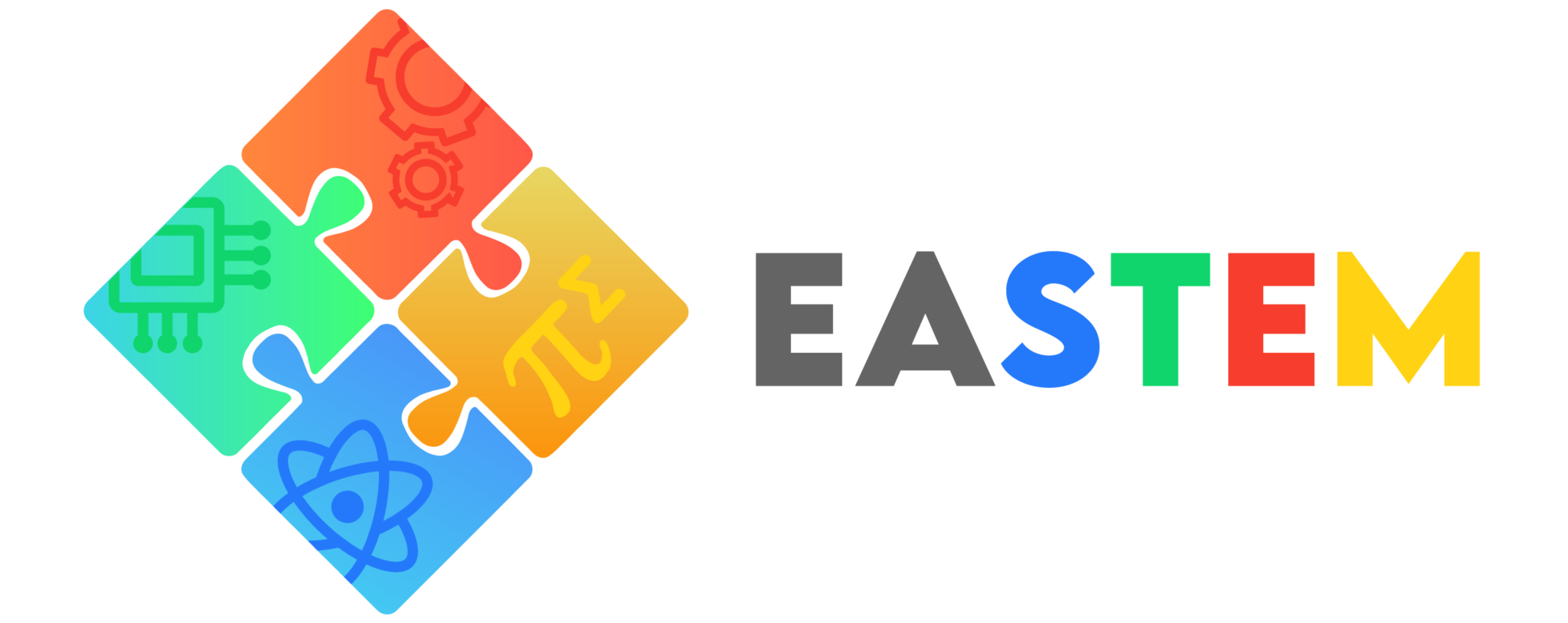Concept of EASTEM
Euro-Asia Collaboration for Enhancing STEM Education
EASTEM is an Erasmus+ capacity building project (Key Action 2) running from 2019–2022 and is formed by a consortium of three universities from Europe, three from Vietnam, three from Thailand and four from Indonesia. The project aims to ensure that STEM education provides students with competencies relevant to the labour market, thus improving their employability.
By exchanging best practices among European and Asian universities, each partner university can find inspiration to enhance STEM education at their institutions. This network of mutual exchange and learning will further the cooperation between EASTEM partners beyond the project’s lifetime.
Work Packages
The main components of the EASTEM project are divided into three groups: Work Package 2, 3, and 4.
Work Package 2 is focused on the development of Train the Trainers (ToT) courses for university lecturers in order to give them the tools to use student-centred learning approaches in their teaching. These teaching approaches are then spread to more lecturers in a cascade format. Lecturers who have participated in the ToT courses will also apply what they have learnt in their regular teaching with students.
Work Package 3 helps to sustain the project by setting up STEM centres at partner universities. The centres will continue to conduct the ToT courses for university lecturers but will also organise activities engaging with external stakeholders, such as local high schools and businesses. In this way, the centres have the potential to function as hubs for discussions on STEM education in the local community.
In Work Package 4, professional competencies and input from industry partners are integrated in curricula, study programmes and university strategies. EASTEM aims to secure the support from university leadership at partner institutions to ensure that lasting change takes place.

EASTEM Objectives
Training
University lecturers increasingly use student-centred learning approaches in their teaching.
Connecting
STEM centres support educational activities involving lecturers, students and corporate partners.
Integrating
Professional competencies and industry requirements are integrated into STEM curricula and study programmes.
